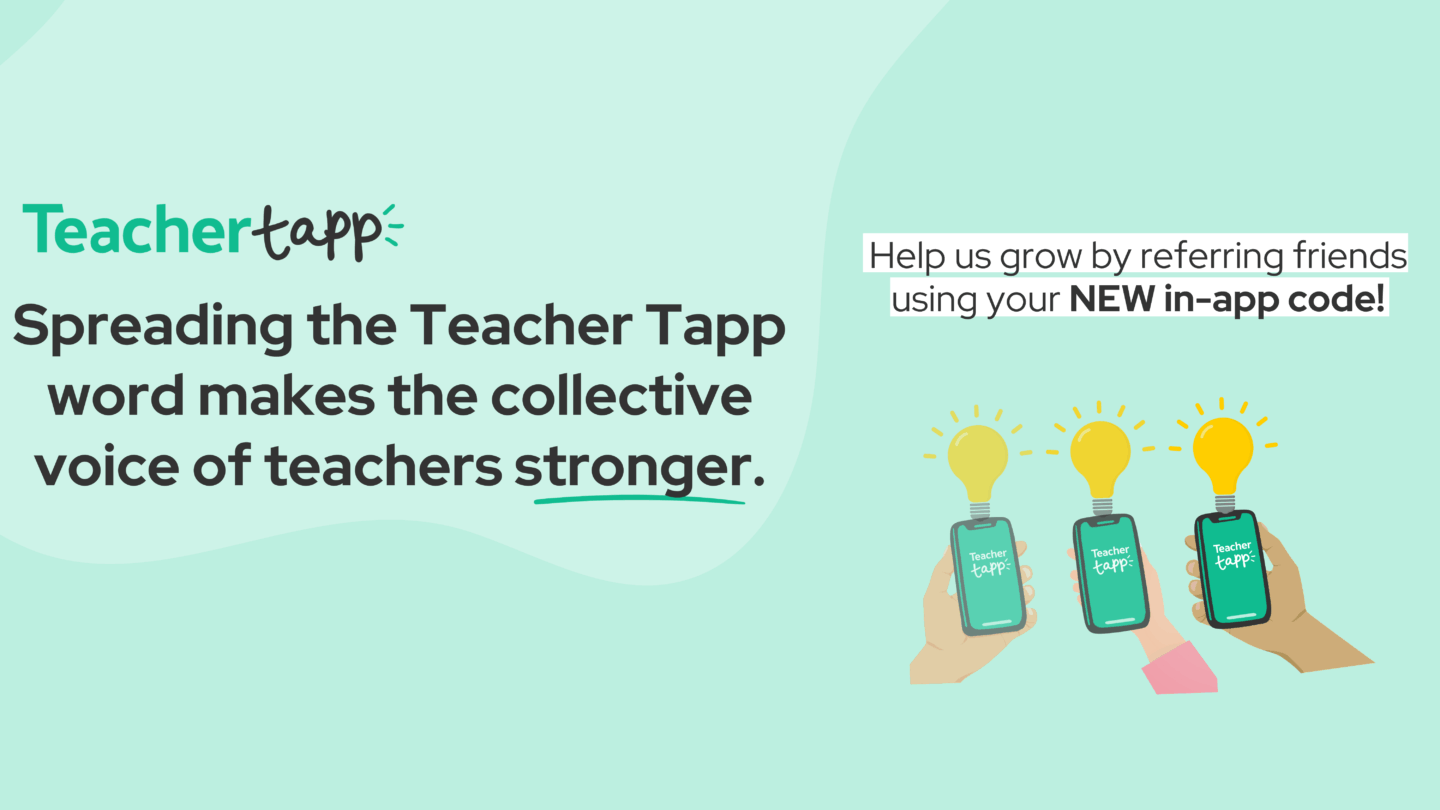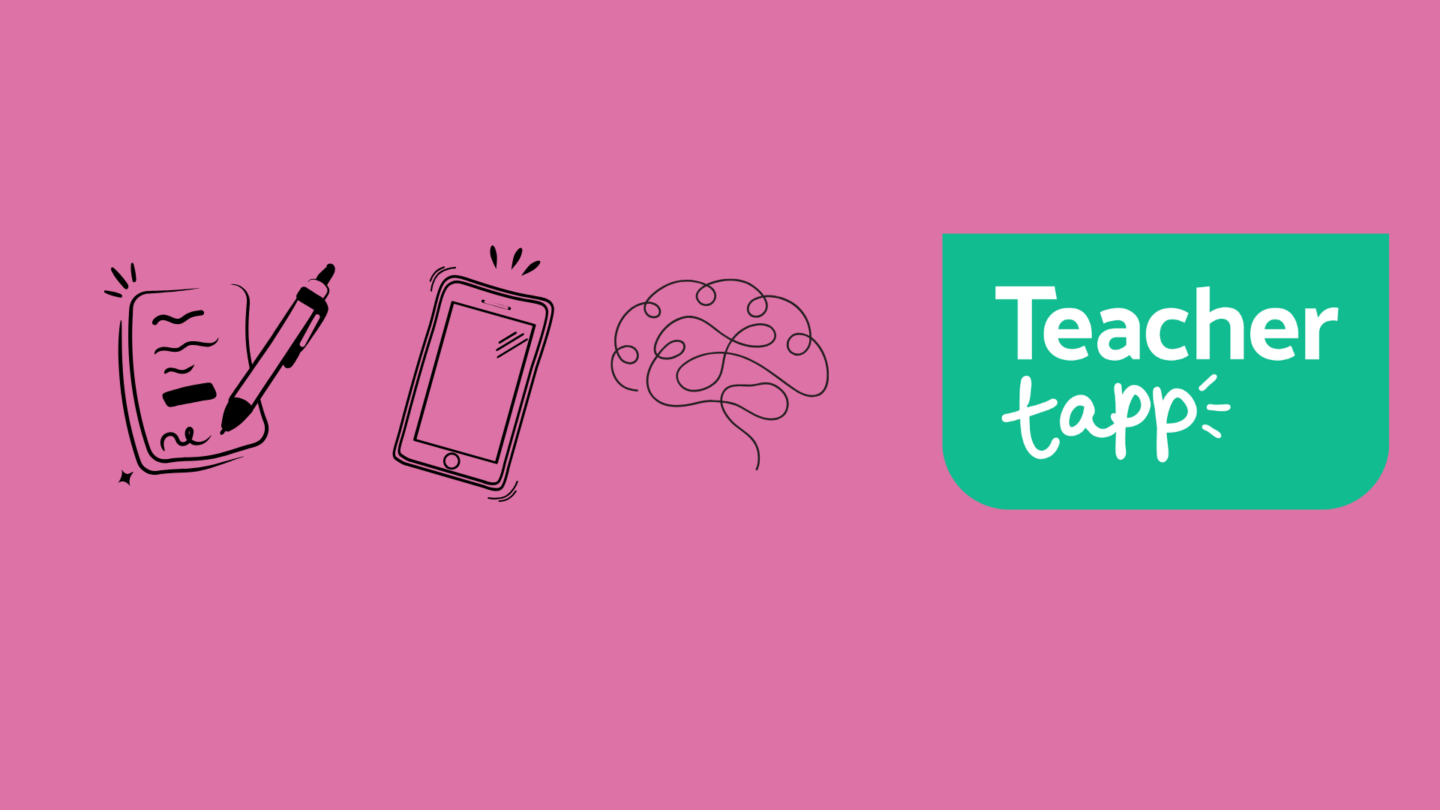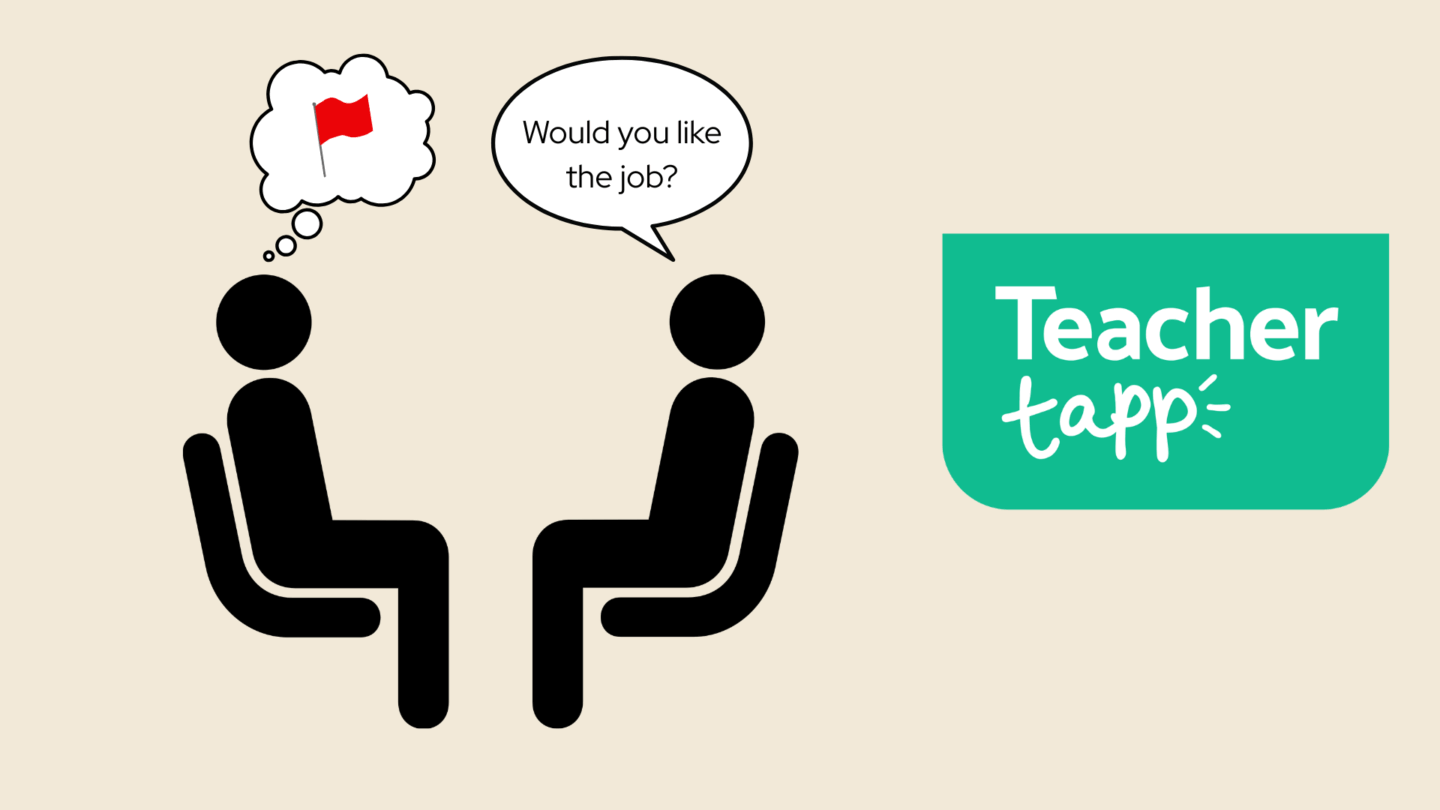This week our post is a little different as it gives you some answers to questions you often ask about who uses Teacher Tapp. After all, when we claim that ‘teachers say x’ who does that cover?
On any given day, around 7,000 teachers answer questions. But did you know that almost 10,000 teachers use Teacher Tapp each week? This gives us a huge sample of diverse people in a lot of different schools.
Not everyone remembers to tap every day, though. During term time, the most popular days for tapping are almost always Friday and Sunday, with the start of the school week less popular. However, the differences across the week are slight. Looking at Autumn term last year, we saw 73.9% of that week’s users answering on the best day (Fridays) and 72.3% on the worst day (Tuesdays).

How consistently do teachers tap? Over the last month, 1-in-5 of you tapped every single day, and a further 1-in-5 only missed out one day in a week. At the other end of the scale, 1-in-10 answered just once. Which group are you in?

Some teachers are more consistent than others in their habits. Least consistent are the young teachers, who probably have such exciting lives that it is difficult to remember to tap! Most consistent are…. maths teachers (though scientists aren’t far behind)!
Why does anyone use Teacher Tapp? (Use this bit to convince your colleagues to join!)
Teacher Tapp is an unusual survey because we give you the results the next day – most surveys NEVER tell you how other teachers answered, or you have to seek out findings in newspapers and websites. We know this is why many of you love to tap, because the results enhance your learning.
In fact, 4-in-10 of you say the MAIN reason you use the app is to find out how other teachers have responded to questions.

On any particular day, about one-quarter of teachers choose to read the article or blog post we’ve suggested. But is it the same one quarter every day? We looked at those of you who are regular tappers (using it at least 4 times a week). 1-in-5 of you NEVER click on a link to an article or blog – you guys won’t be reading this because you don’t even read our Monday blogs (which are very popular). A further 2-in-5 rarely choose to read the things we compile. At the other end of the scale, 1-in-10 read EVERYTHING! You are the teachers that have been helping us test new features on the app. Thank you!

Are you a veteran or newbie tapper? (And what does that mean for your research skills?)
We have a mixture of long-standing Tappers and new Tappers answering questions. At the moment, almost 1-in-20 of you answering questions in a typical month have been tapping with us since we launched in September 2017!

One consequence of our growth is that the kinds of teacher using the app has changed. We launched at researchED conference full of pretty atypical teachers who were interested in research. We can see that newer sign-ups to Teacher Tapp know less about research, so are more likely to be typical of the teaching profession. For example
- 44% of newer sign-ups say they’ve never heard of the EEF’s Teaching and Learning Toolkit (versus 26% of older sign-ups)
- 23% of newer sign-ups tell us they know about Rosenshine (versus 32% of older sign-ups)
- 32% of newer sign-ups know about Ebbinghaus and his forgetting curve (versus 41% of older sign-ups)
Another consequence of launching at a London conference was that teachers in the capital and South East were hugely over-represented on the app. That has now changed, as the capital is actually under-represented! We always apply weights to our analysis to ensure that responses represent the make-up of teachers in England. This means that each teacher response does not count as one response – if you in London, we currently count you as 1.11 of a teacher; if you are in the South-West, we currently count you as just 0.87 of a teacher!

No survey has a random sample of teachers, even if they try to do so. Even the OECD’s teacher survey TALIS had 25% of schools in England decline to take part and 17% of teachers in participating schools didn’t return their surveys. Similarly, the Labour Force Survey that the government runs to learn about work now only has a 60% response rate. So, using these weights to re-balance samples is standard practice.
We are actually pretty happy that senior leaders are still over-represented in our sample because there are quite a few questions about school that only THEY can answer.

We would, however, like to get more primary teachers and special school teachers to use Teacher Tapp. If you have any ideas about how to help us with this, then let us know. Our email is hello@teachertapp.co.uk and you can message us via the feedback button in the app (top left menu). What tricks are we missing?
We know you love the tips, so here are the daily reads from last week…
- Six practical strategies for keeping every student on task…
- When did you last use something you learned in school?
- The 7 ways in which schools vary
- Mean what you say and say what you mean
- When it comes to curriculum, knowledge organisers could be the problem rather than the solution.
- Should we give students iPads?





